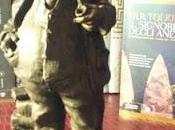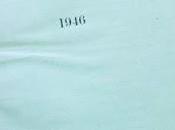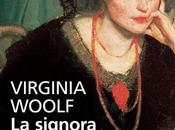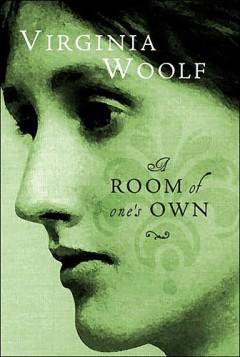 Virginia Woolf's groundbreaking essay 'A Room of One's Own' is essential for anyone venturing the field of women's studies. The more I read it, the more I find things to discuss about it. Despite the fact that women's lives have changed a lot since 1928, when Woolf gave the lectures that were later collected in the form of this extended essay, I still find it relevant.
Virginia Woolf's groundbreaking essay 'A Room of One's Own' is essential for anyone venturing the field of women's studies. The more I read it, the more I find things to discuss about it. Despite the fact that women's lives have changed a lot since 1928, when Woolf gave the lectures that were later collected in the form of this extended essay, I still find it relevant.Its core thesis that 'woman must have money and a room of one's own if she is to write fiction' is backed up by other considerations regarding women and literature. Women in Woolf's time were not allowed to walk on the turf at Oxbridge, because they were not admitted as full members of the university (in Cambridge this changed only in 1948). Even if there were a few colleges for women, in fact, they were considered second-class students. Woolf, who creates the fictitious university of Oxbridge which conflates both Oxford and Cambridge, adopts a playful narrative strategy (later criticized by feminists such as Elaine Showalter). The woman in the essay (she is Woolf and at the same time she is not her) wants to look at a manuscript in the library, in order to absorb the same literary environment of her favourite writers and essayists. Unfortunately, if not escorted or without a letter of introduction, women are not allowed in the library. This is proof of how women were left outside of the literary world, they were denied the possibility of becoming Shakespeares or Miltons. Woolf's famous evocation of Shakespeare's sister Judith, equally talented but born in a female body, goes in the same direction. At a certain point in the narrative, the protagonist spots a cat walking on that same grass that was denied to her. She makes an immediate connection between women and animals. Can cats walk on the turf? Can cats ever become members of Oxbridge? Thus the utterance 'Cats do not go to heaven. Women cannot write the plays of Shakespeare'. It may sound outdated, but when Woolf wrote 'A Room of Ones' Own' many male authors still maintained that women were no good at literature, thus the exclusion from the most prestigious universities of the world.
Many expressions used by Woolf in the essay stuck: "Virginia's web", for example, refers to this passage: 'fiction is like a spider's web, attached ever so lightly perhaps, but still attached to life at all four corners'. Other expressions were used by later movements, such as "Chloe likes Olivia", by lesbians. Woolf in fact argued that friendships between women were always narrated in relation to men. If this is a reference to homosexual love is unsure, but I personally do not think so (even though Woolf's family environment was quite liberal in that sense, her sister Vanessa having an open marriage and acknowledging that one of her lovers was in fact homosexual). She also anticipated many concepts of feminist thought (écriture feminine and deconstructive theories of gender), but she also was a woman of her time. There is in fact a passage that has been harshly criticized by black feminists: 'It is one of the great advantages of being a woman that one can pass even a very fine negress without wishing to make an Englishwoman of her'. This sentence makes the dubious assumption that women are alien to colonialism, that this impulse is unmistakeably masculine, also excluding black women from the category of women. Paraphrasing Sojourner Truth (and bell hooks) aren't black women also women?
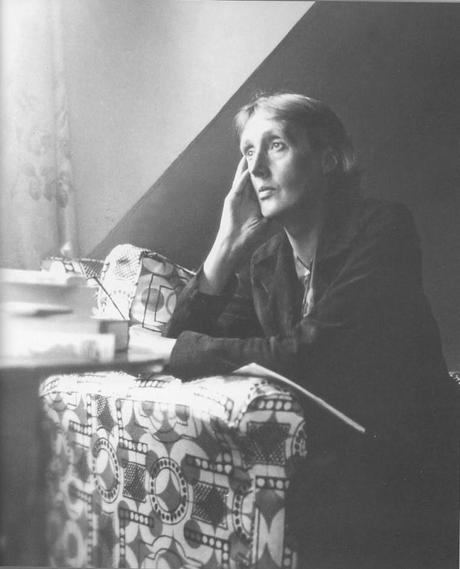 Apart from this technical considerations (I have been studying the essay and it is important for my research project, even though the connection to Indian women's writing may not seem obvious at first sight), I can only conclude by saying that 'A Room of One's Own' is a wonderful book. Those who have been reading this blog for a while know that I have a strong admiration for Virginia Woolf and that I cherish her works. This extended essay is written with pathos and it is unlike any other work you have read. Almost a century has passed since she wrote it, but many of the things in this essay will be buzzing in your head long after you have read this book. Just another example of Woolf's genius: when the protagonist goes into the British Museum looking for books about women and poverty, she incidentally starts looking for books about men, that is to say about the experience of being male, about masculinity in other words, and finds none. I think this is still true: how many books are written about women, by both male and female authors? Yet, few books (in comparison) are distincly about masculinity, as this is still considered to be the norm, while being female is a mark of diversity and it needs to be studied.
Apart from this technical considerations (I have been studying the essay and it is important for my research project, even though the connection to Indian women's writing may not seem obvious at first sight), I can only conclude by saying that 'A Room of One's Own' is a wonderful book. Those who have been reading this blog for a while know that I have a strong admiration for Virginia Woolf and that I cherish her works. This extended essay is written with pathos and it is unlike any other work you have read. Almost a century has passed since she wrote it, but many of the things in this essay will be buzzing in your head long after you have read this book. Just another example of Woolf's genius: when the protagonist goes into the British Museum looking for books about women and poverty, she incidentally starts looking for books about men, that is to say about the experience of being male, about masculinity in other words, and finds none. I think this is still true: how many books are written about women, by both male and female authors? Yet, few books (in comparison) are distincly about masculinity, as this is still considered to be the norm, while being female is a mark of diversity and it needs to be studied. 